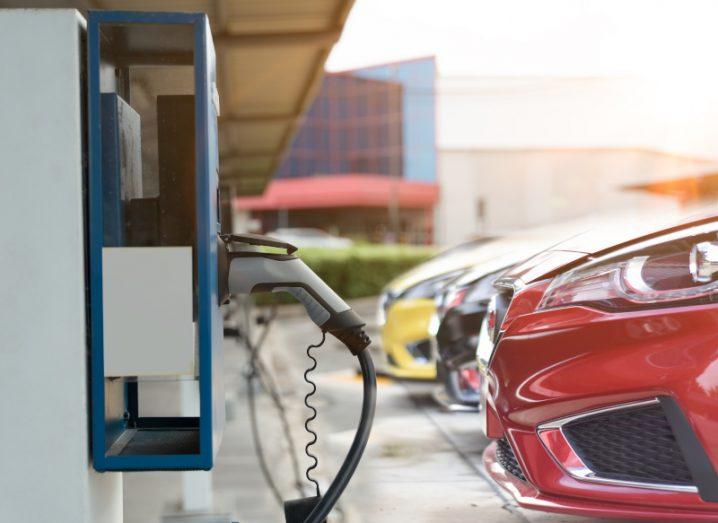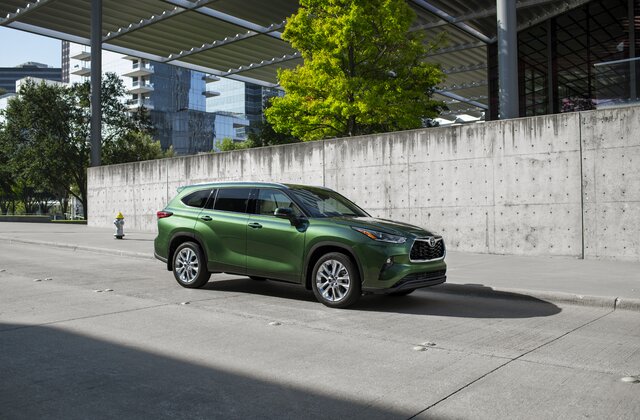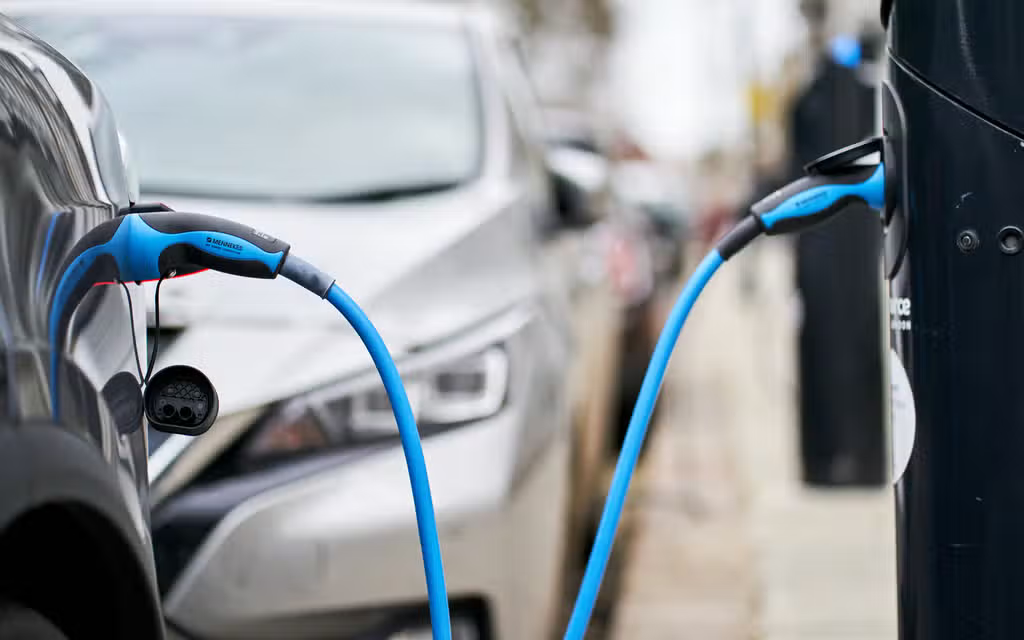The electric car revolution in the United Kingdom has been hampered by an absence of charging stations.
Installing 16,178 public outlets in the United Kingdom last year was equivalent to 44 per day and fell far short of the 110 required to meet the government’s goal of 300,000 by the end of the decade.
The figures were derived from an examination of data provided by the charger locator service Zapmap. Petrol and diesel drivers worry about ‘range anxiety’, which will increase with electric vehicle fueling.
The Department for Transport failed to meet its deadline of 2023 to have a minimum of six rapid or ultra-rapid outlets installed at each motorway service station in England, according to a separate report from the RAC.

This was accomplished in a mere 46 out of 119 locations, four of which lacked any facilities whatsoever.
A ‘charging czar’ was urged to supervise the implementation and provide immediate assistance in areas where it is most critical, according to Quentin Willson, the originator of the advocacy organisation Fair Charge and former host of Top Gear.
“With regard to infrastructure projects, this is not that challenging,” he stated. Why are we exerting such great effort in this endeavour?
Rishi Sunak postponed a prohibition on the sale of new unleaded and diesel vehicles from 2030 to 2035 last year.
Challenges in Electric Vehicle Charging
Zapmap reported 53,233 public electric vehicle charging outlets by December, 16,178 more than in January.
Westminster reportedly had more electric car chargers than six main cities in the North and Midlands combined.
“The Government must realise that for this to work, there must be a popular revolution in which consumers perceive the automobiles as affordable, good, and capable of performing the task they desire,” said Conservative MP Sir John Redwood. This is currently not considered by a sufficient number of individuals.
The chief executive officer of the Society of Motor Manufacturers and Traders, Mike Hawes, stated, “Barriers must be eliminated, particularly those pertaining to planning and grid connection delays; the rate of rollout must be accelerated.”
Commercial director at Auto Trader Ian Plummer attributed the decline in EV adoption to government red tape. Consequently, he stated that eliminating the 20% VAT on charging devices would stimulate the market.
“For the forty percent of households without dedicated off-street parking, we need to see more improvement and schemes. These should be deployed in rural regions where car ownership is higher “AA roads policy head Jack Cousens stated.
A spokesperson for the government stated, “At this time last year, there were more than 50,000 public charging stations. Now 44% higher, the private sector has vowed to expand the network by 2030 with £6 billion in investment.”





